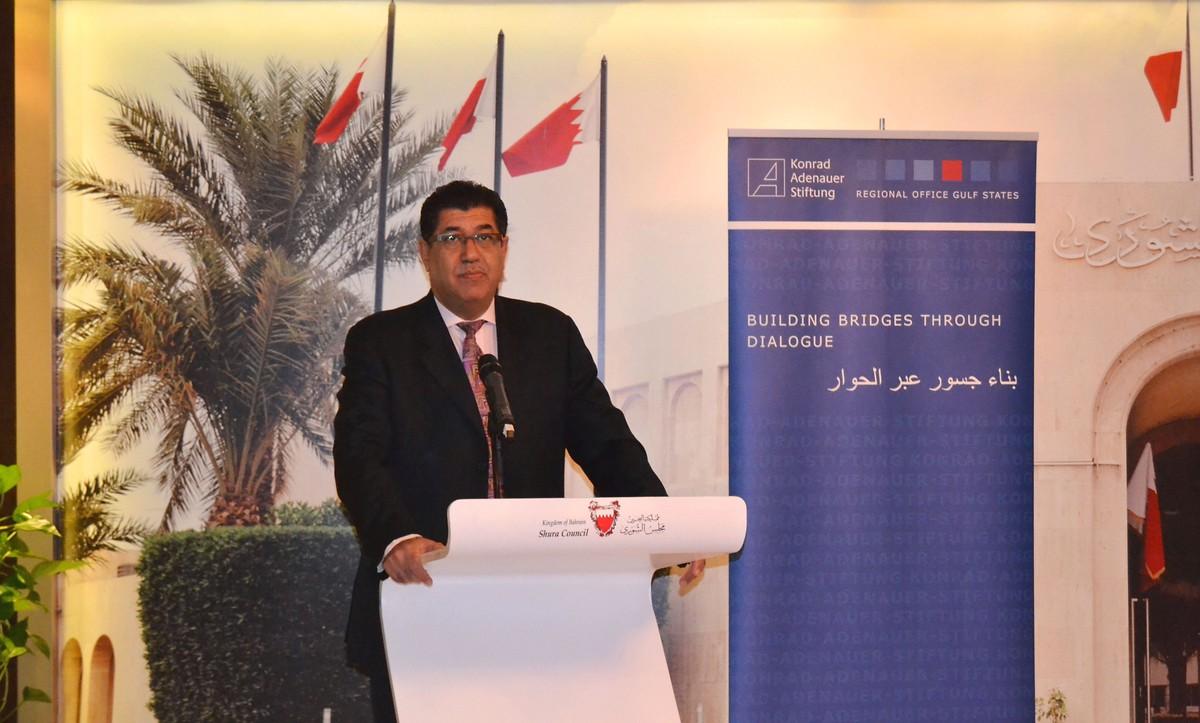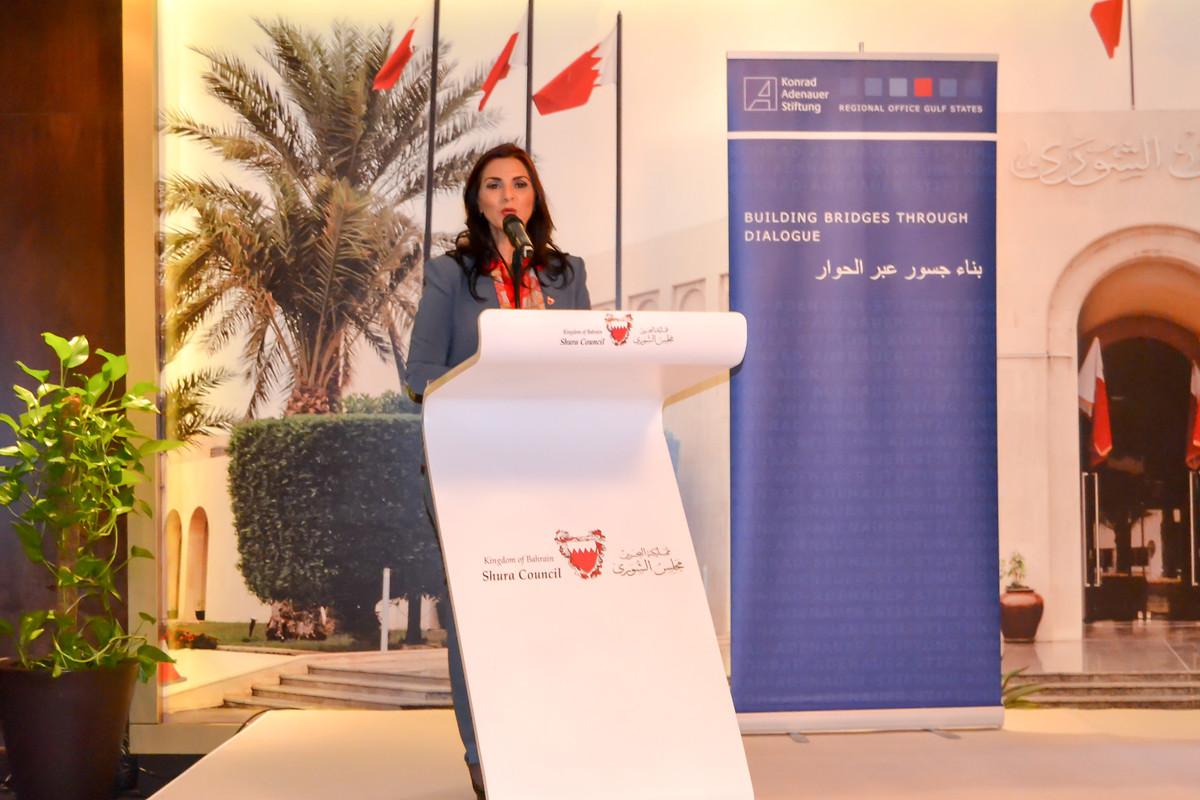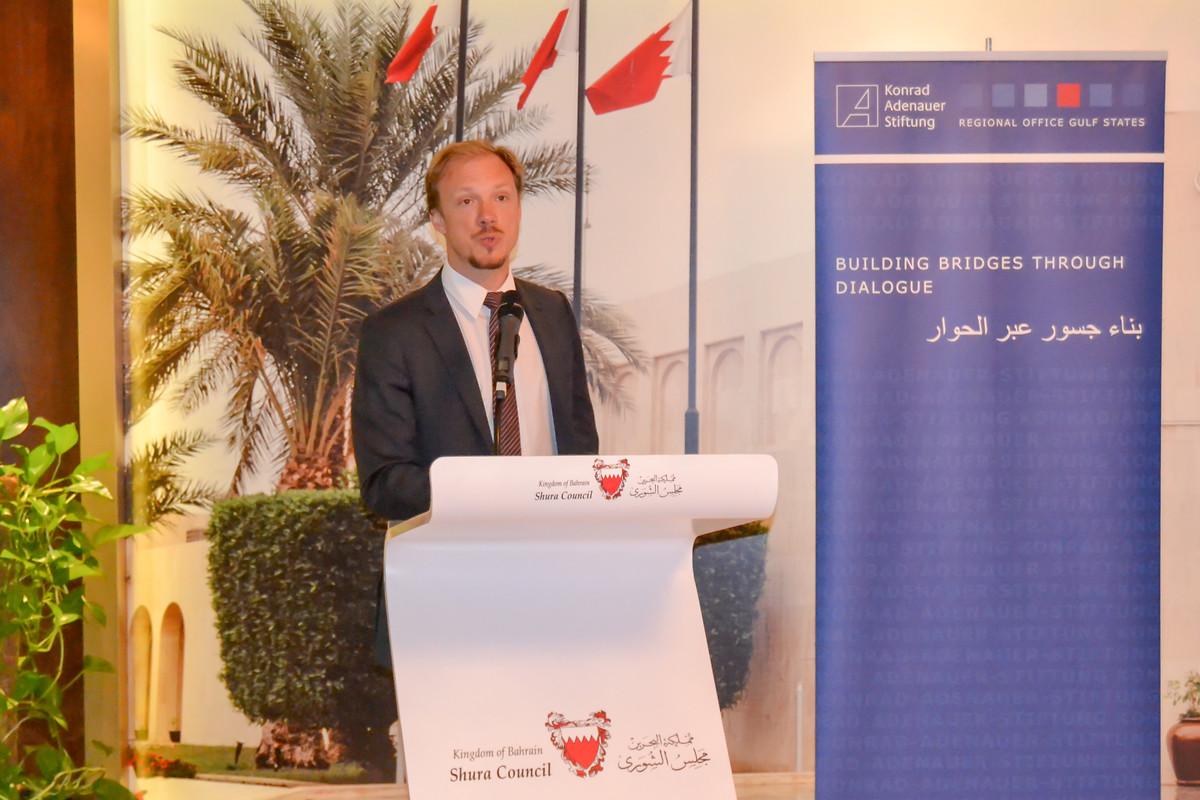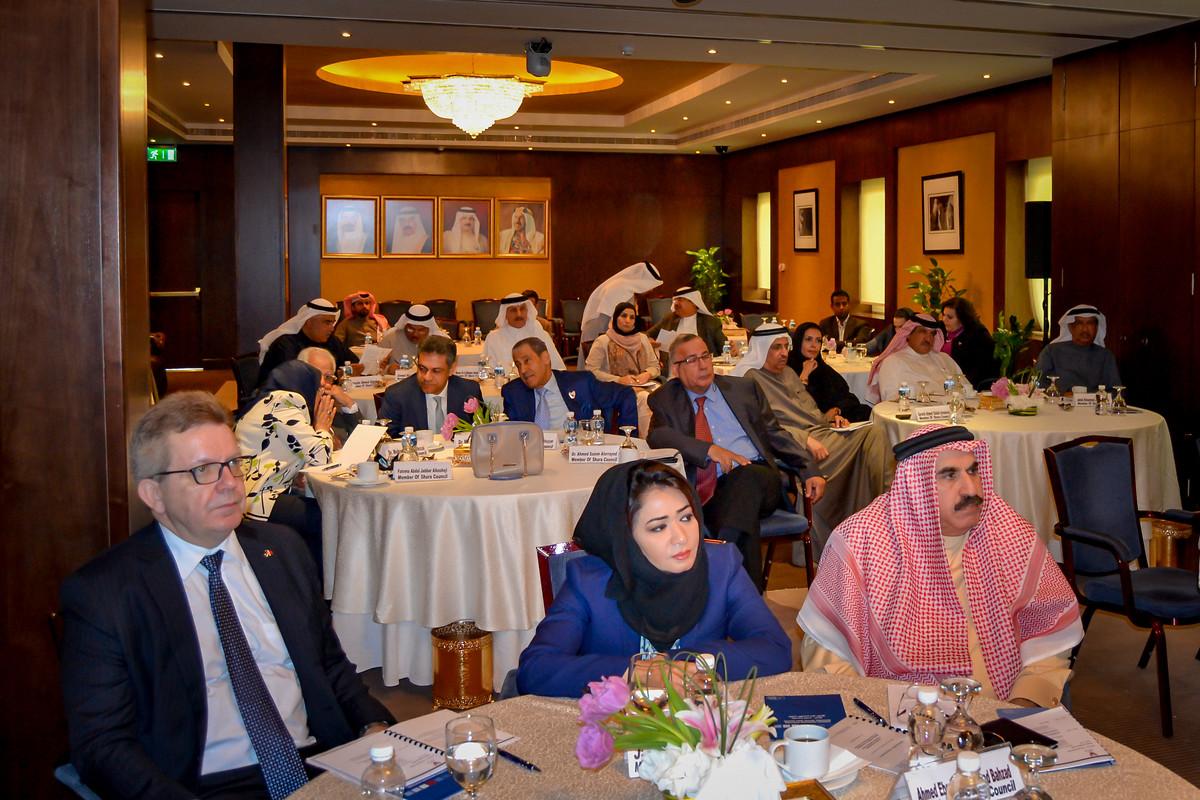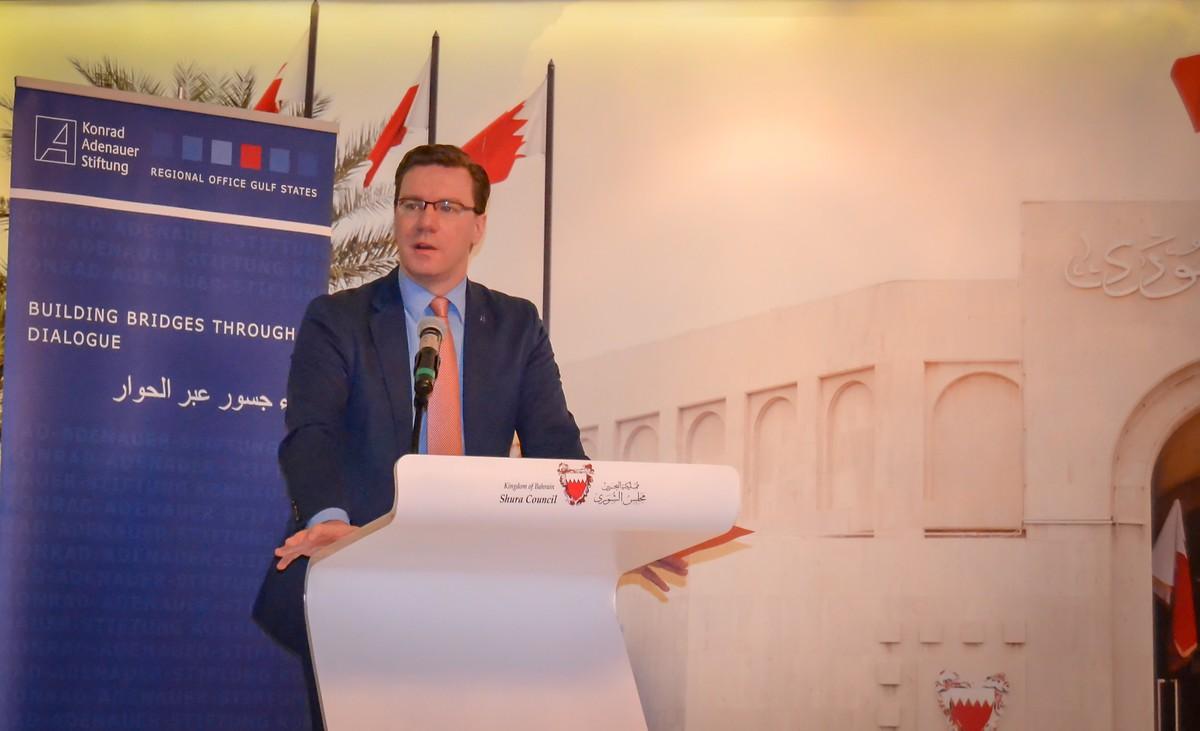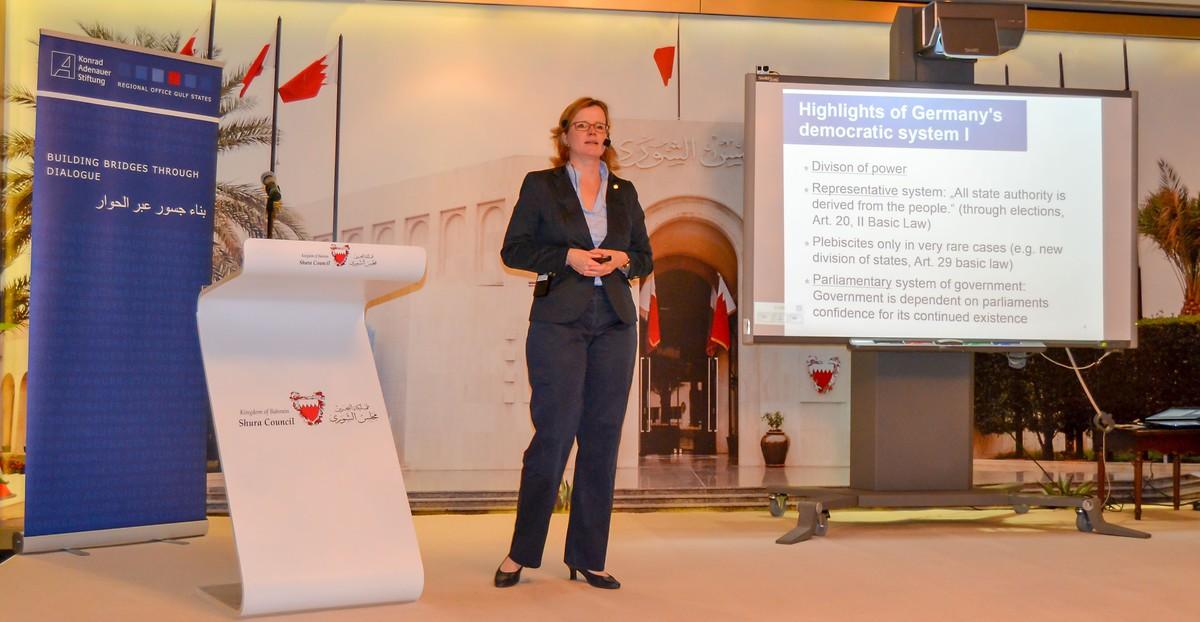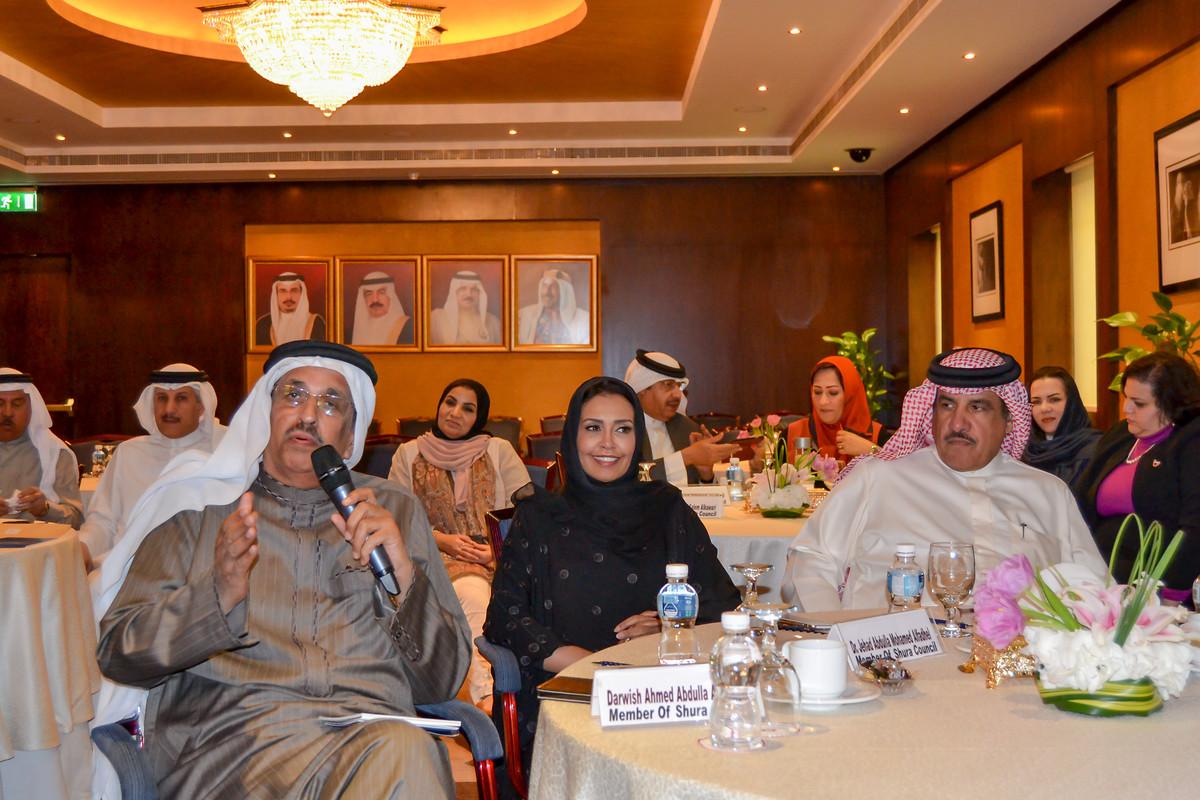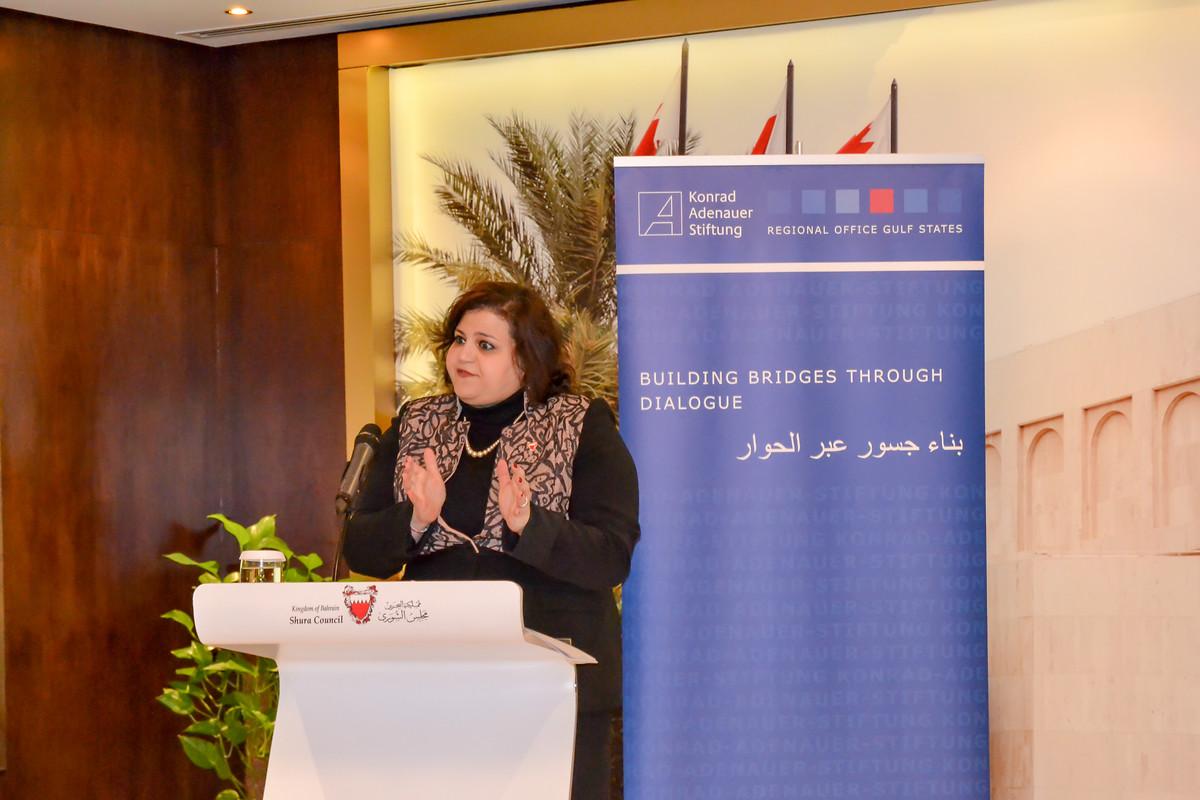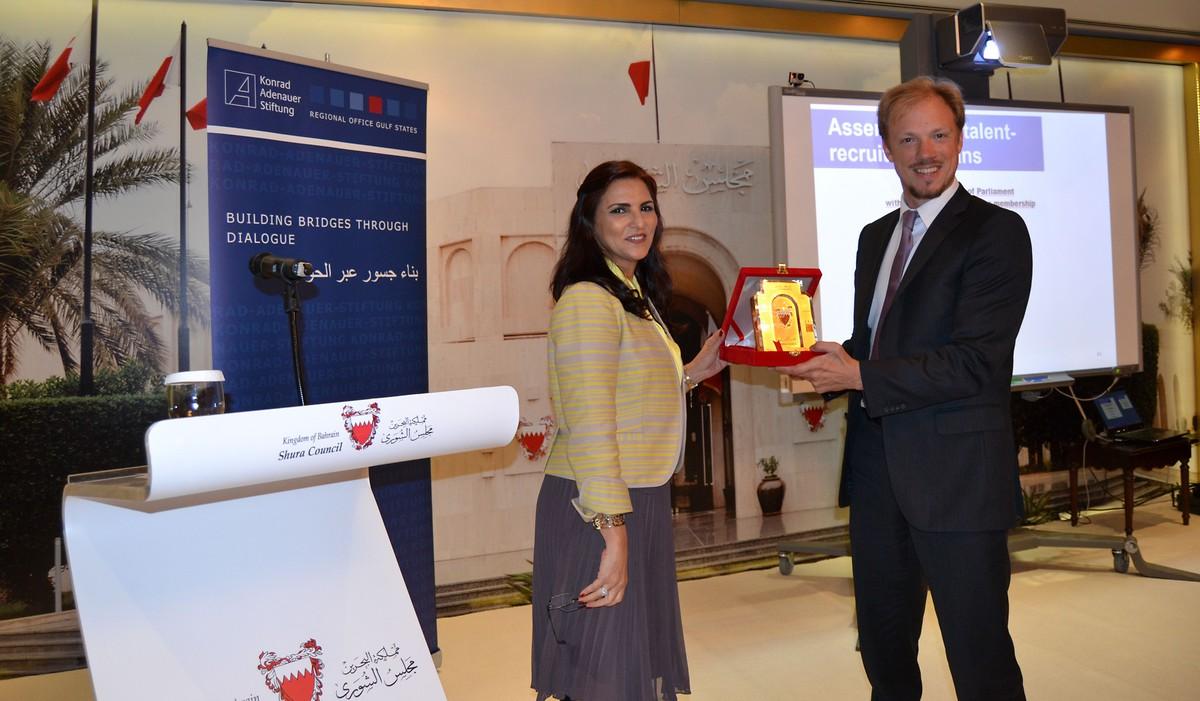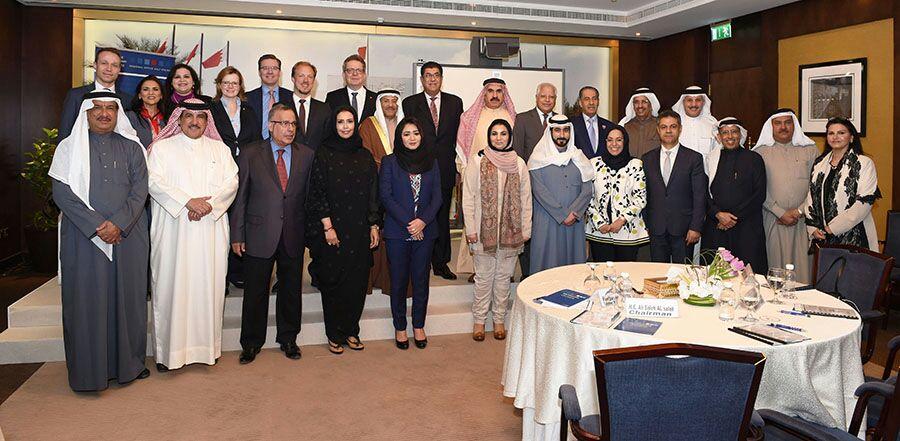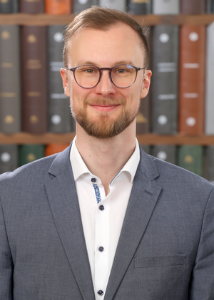The event took place just after a historical date. On the one hand, February 14 celebrates the anniversary of the “National Action Charter” of 2001 – a new constitution, which provides for a national assembly and could be viewed as a milestone on the path to more democratic participation. On the other hand, it marks the day when – just a decade later – citizens took to the streets and the predominantly Shiite population demanded fair representation in state and society.
While the protests did indeed dominate Western media time and again, the progress that had already been made with regard to parliamentary participation went virtually unnoticed. However, it is parliamentary participation which has as a long tradition in Bahrain and could contribute to alleviating the political tensions as pointed out by the workshop participants. “Every country has its own way of shaping legislation”, German Ambassador Alfred Simms-Protz explained at the beginning of the event. Even though Bahrain is a Kingdom, the Gulf State established a complex legislative system early on. Now members of the upper house gathered together to exchange views on the legislative processes in Germany, Europe and Bahrain at the event entitled “The Role of Assemblies in Shaping Legislative Power”.
In comparison with other Gulf States, Bahrain has achieved a lot with regard to legislative processes. It was one of the first countries to establish an elected council, which can be attributed to the sectarian divide. Some 60 to 70 percent of all Muslims in Bahrain are Shia facing a Sunni ruling family. Early on the Khalifa family realised that this might harbour major political volatility. For this reason, the Emir brought into existence a constitutive council in 1972, which was in part elected. At the same time, the family council of the Al Khalifa was appointed the official executive body. In 1973, the ruling family and the constitutive council agreed on a constitution, which led to the election of a national assembly. It was made up of 30 members, which represented the different political currents of the time. In regional comparison, this development was remarkable progress. However, in the consequent years, it became clear that the national assembly’s influence on political affairs in the Kingdom remained limited.
In the 1990s, dissatisfaction with these limits led to protests, which were eventually settled by the Emir’s first son. He proposed the so called “National Action Charter” in 2001, which was adopted with a majority of 98 per cent. The constitution provided for more civil rights and two legislative bodies: the House of Representatives and the Shura Council. Both chambers were granted extensive powers. Since its inception, elections for the House of Representatives have taken place every four years. However, the biggest Shiite opposition party Al Wifaq has been boycotting the popular assembly since 2011, which puts its legitimacy into question. As for the Shura Council, the king appoints its 40 members including representatives of the Christian and Jewish minorities.
The members of the Shura Council have always worked hand in hand regardless of their religious affiliation, a fact that Nancy Dinah Khedouri honoured in her presentation on the tradition of legislative chambers in the Kingdom of Bahrain. Khedouri, a member of the Jewish community, works in the foreign affairs committee as well as the committee for women’s rights.
Among the participants in the workshop were the Chairman of the Shura Council, Ali bin Saleh Al Saleh, and his Deputy, Jamal Mohamed Abdulrahman Fakhroo. Together with their colleagues they showed great interest in the remarks of German experts Dr Katja Pohlmann, Advisor for Global Affairs, United Nations and Development Policy in the German Federal Chancellery, and Nico Lange, Deputy Director for Political Consulting at the Konrad-Adenauer-Stiftung.
Although the workshop dealt with legislative processes, the participants also engaged in a lively discussion about Bahrain’s economic situation. The country is facing enormous challenges. As with the majority of Gulf States, plunging oil prices force Bahrain to make big budget cuts. Accordingly, calls for transparency are growing louder, which presents both chambers with a chance. After all, it has been their duty to ratify Bahrain’s budget since their inception. This way, both chambers bear great responsibility and can set the course for economic policies. Popular assemblies, in which appointed and elected representatives deliberate on such difficult matters, can be strengthened through these processes. Creating transparency between the legislative chambers on the one hand and decision-makers of the executive branch on the other, results in stronger legitimacy of the legislative branch.
In order to consolidate the economy and to create a good social climate, Bahraini youth should not be forgotten, warned Hala Ramzy Fayez, chairwoman of the Shura Council’s youth and family committee and co-organiser of the event. After all, 30 per cent of the population are younger than 30 years old.
The participants agreed that there is still a lot to accomplish in the field of political participation to guarantee a prosperous state and society. However, when concerned with legislative processes, Bahrain has already made considerable progress in regional comparison. This bears potential for further cooperation between the Regional Office Gulf States, the Shura Council and the House of Representatives.



